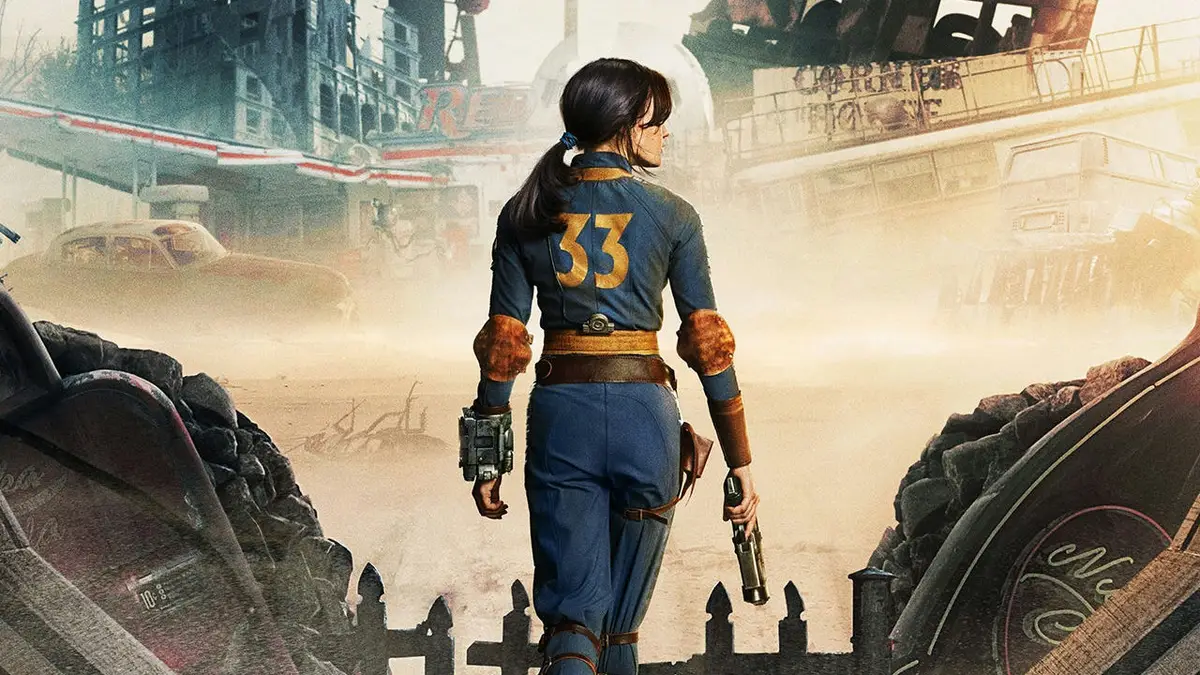 “It used to be about trying to do something. Now it’s about trying to be someone.”
“It used to be about trying to do something. Now it’s about trying to be someone.”
You know that feeling you can only get in the cinema? It’s that short moment the lights go on and you look around at your friends sitting next to you, the moment you know you just shared an experience and you want to find out whether what happened to you also happened to others. Usually, this is the moment where discussions start – no two experiences are ever the same. When the movie’s unanimously bad, you’re safe. When it’s the greatest thing ever, you’re usually fine, too. But when the movie is a mixed bag… that’s when the cat fights start.
I braced myself when The Iron Lady‘s credits started rolling. And then found out we all had just about the same problems with it. I guess you’d call the movie unanimously flawed.
Meryl Streep
Star of this bio pic is of course Meryl Streep, who gives a wonderful performance as Lady Thatcher. Especially the present day parts of the movie, in which Thatcher is demented, old and grieving about her dead husband are brilliant. We didn’t need a confirmation that Streep is a wonderful actress, and if we did, then there you go. Streep is deserving of the Oscar, and I could go on for ages about how her striking performance was so uncanny it sent shivers down my spine.
But that would be boring. And that would give the impression that The Iron Lady is an unblemished Godsent like The Queen or The King’s Speech. But it’s not. Unfortunately it’s not.
Problems
There’s a wonderful sketch by British comedy duo Mitchell and Webb about research. Basically it’s two lazy authors talking about writing a medical drama – with the emphasis on drama, because they can’t be arsed to do proper research. That’s the Iron Lady. On the one side, you have a demented old woman forced to reminisce about her life. On the other side, you have the biopic about her becoming the Iron Lady. Whereas the first part is wonderful, the second part falls flat very fast because it’s telling you nothing.
Seriously guys. If you’re going to make a movie about one of the most influential politicians of the last century, please take a moment to find a narrative. You pretty much nailed the Who is Margaret Thatcher part, but forgot to even remotely get your hands dirty on the question Who is the Iron Lady. We know about the recession. We know about the hotel bombing. We know about the Falklands War and the IRA. Tell us why! Research your facts! Show us what connects these things! Let us know what drove Thatcher’s political career other than ego-centrism, the required dose of narcissism and the fact her dad’s a grocer. This is The Iron Lady, not 8 Mile!
What we wanted was to learn something without being taught. What we got was no one teaching and nothing to learn.
Solutions
Now if I were a critic, I’d make the first part of the review twice as long, three times as nasty and sit at my desk sipping cognac feeling particularly smug. But I’m a writer and I realize how hard this can be. Research is a harsh mistress, and making a biopic about a woman who’s still alive is like putting your head inside a tiger’s mouth. So here’s my little proposition. It’s by no means a perfect solution, but it might help a tiny bit.
In a seminar with the wonderful Linda Aronson, whose research about biopics I really admire, I learned something about the structure these movies usually have. Essentially they fragment their narrative: the movie starts at the second act turning point (e.g. the “lowest point” for your protagonist) and then proceed through the entire backstory in flashbacks while letting the protagonist simmer in his low-point juice in the present day. A normal movie goes about this chronologically. And with reason: this way we can understand why a well-known person became the way he or she did. We get to know how Thatcher became the Iron Lady. Now due to the nature of this film, two things are different:
- because we learned nothing about Thatcher’s motivations and there is no real narrative line, the chronological storyline falls flat;
- the second act turning point or lowest point is essentially the end of the movie. There is no third act, no true victory or tragic defeat. Take the social network: the court drama between friends (lowest point) is undercut with a nerd’s rise to power (the flashbacks). In the end the drama takes a short breather and as we do, we see the main character connecting with his ex-girlfriend, the one that started the whole mess. Due to obvious reasons, The Iron Lady skips on this last part. She’s alive, people, she won’t die unhappily cleaning a tea cup just because it would be dramatic.
In all…
Take this as you will. Just don’t take it as the ramblings of a cynical critic. I was completely blown away by the present-day segments of the film. The performances were wonderful, some of the shots were breathtaking and I loved that it would grant a beautiful image the room to breathe. I loved the ending, the whole “cleaning-the-cup” thing that stressed the tragic nature of Thatcher’s life. But all the stuff that happened in the past? It felt like a different movie altogether. One that, unfortunately, was not nearly as good.
But watch it anyway. Form your own opinion. And let me know all about it.


